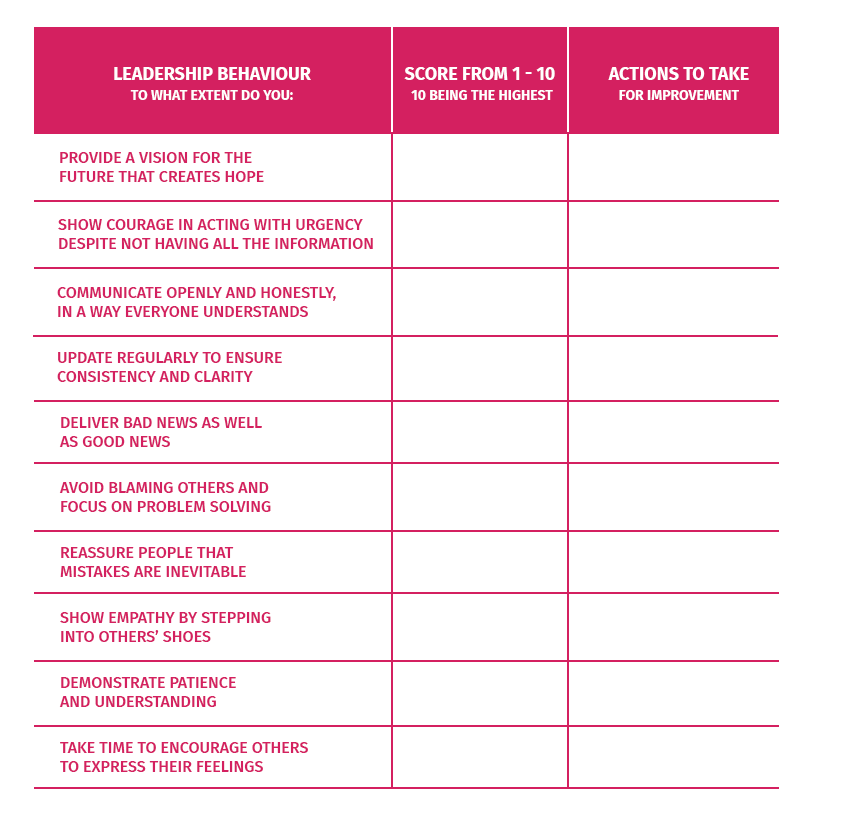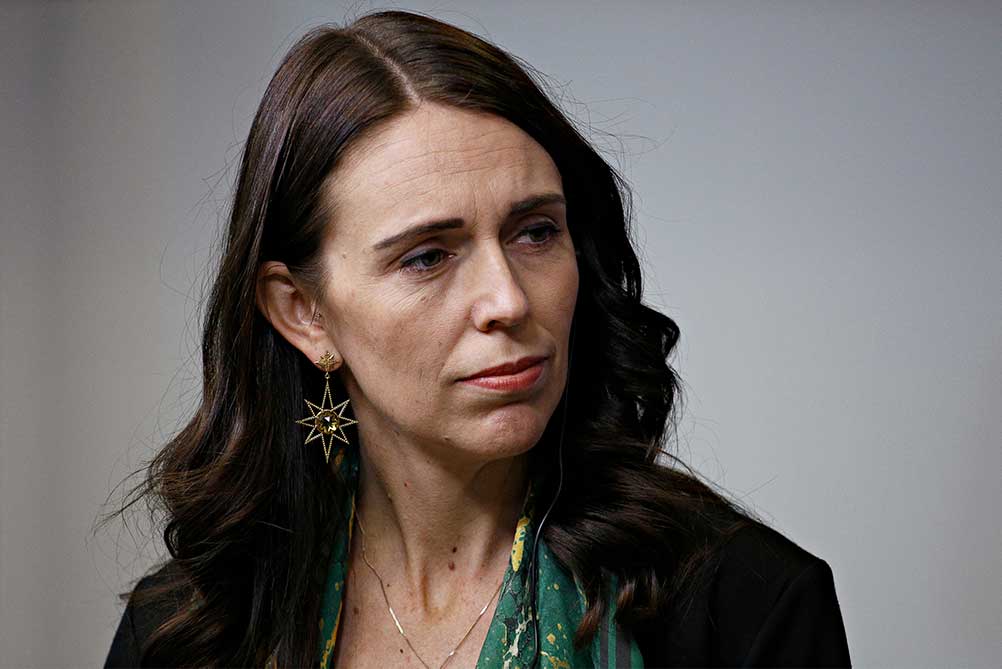What Does Leading Look Like During Uncertainty?
This pandemic has proved testing for even the most resilient leaders. Coaching leaders over the last 6 months has shown us how uncertainty can provoke fear and consequently actions that do not serve the leaders or their followers well.
In this post, we will look at the impact coronavirus is having on leadership, what some leaders are doing to create hope and stability and there is a short diagnostic for you to think about in terms of what you could be doing differently to lead with authenticity during this time.
Covid-19 and the impact on wellbeing in the workplace
According to the UK Health Foundation, mental health has worsened by 8.1% on average as a result of the pandemic – young adults and women have been hit hardest. 69% of adults in the UK reported feeling somewhat to very worried about the impact Covid-19 was having on their life.
Of those surveyed, one third of those in full time employment were concerned about losing their job and 25% were recorded as saying they were not coping well with the stress of the pandemic.
Gallup have recently reported that 3 out of 4 employees believe coronavirus will have a negative impact on their company.
This concerning picture asks a lot of leaders and now more than ever the attributes of being able to connect with others, show true compassion and communicate honestly and clearly, are high on the agenda.
Showing compassion and courage as leaders
In a recent Harvard Business Review article, Amy Edmondson, the Novartis Professor of Leadership and Management at the Harvard Business School, has given two examples of leaders in the public eye who have been role models for all leaders during this pandemic.
Jacinda Ardern, PM of New Zealand, announced on 21st March 2020, her ‘4 stage Covid Alert System’ which made it very clear to everyone what to expect at each stage and what she expected from them. She communicated it with belief, confidence and compassion and most of all avoided uncertainty for everyone. She knew that it’s uncertainty that causes the fear in people.
NBA commissioner, Adam Silver, suspended the professional basketball league on 11th March 2020. This was one of the earliest high profile responses to Covid when things were at their most uncertain and information was in short supply.
Both these leaders showed courage to respond the way they did when few others were doing the same. They made a stand and explained clearly and honestly what was behind it. They were not bothered about maintaining public support, they accepted that mistakes were likely in this scenario and they weren’t frightened of getting it wrong. They believed this was the ‘right thing to do’ to protect their people. Incidentally, Ardern’s public approval rating at the end of March went up to 80%.
Often in uncertain times, leaders don’t act urgently enough. Rather than making a stand and using the current information they have, they downplay the seriousness of the situation and wait for further information. They concern themselves about being wrong and having to back-track and they fear that they may cause confusion and anxiety. Ironically, that is what is created if they allow these fears to dominate them.
So apart from communicating honestly, (bad news as well as good news) frequently, and clearly in a way that others will understand what is expected of them; the other key ingredient when dealing with uncertainty is to show compassion, empathy and understanding.
Lack of normality is similar to coping with grief
David Kessler, author of “Finding Meaning: The Sixth Stage of Grief” and expert on grief; believes the feelings some of us have about how the world is changing, the loss of normality and connection can be described as grief.
He talks about ‘anticipatory grief’ when our mind goes to the future and imagines the worst and this consequently impacts our sense of safety. This is why it is so important for leaders to make time to show understanding and empathy by appreciating how difficult it is for some employees at the moment and being patient when they are not responding the way they would normally expect them to. Leaders who role model compassion and make space to allow employees to talk about their feelings and help them stay in the present rather than imagining the worst case scenario, are going to help their employees find balance, hope and optimism for the future.
Below is a short diagnostic which highlights the behaviours leaders will find most helpful to demonstrate currently. This will help you to understand where your strengths are and what gaps you may want to fill.

If you would like to know more about our approach to delivering leadership programmes at Beyond the Barriers, please check out our approach to leadership or contact us.
Feel free to print out our diagnostic – you can download a pdf version here.

Published: Thursday 29 October 2020
Written by: Hilary Coldicott, Executive Coach and Leadership Consultant



